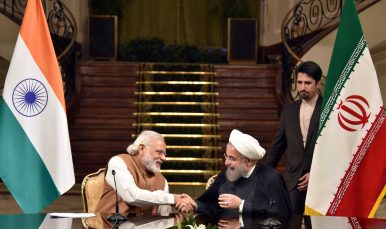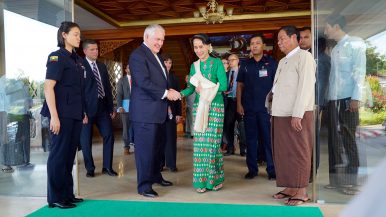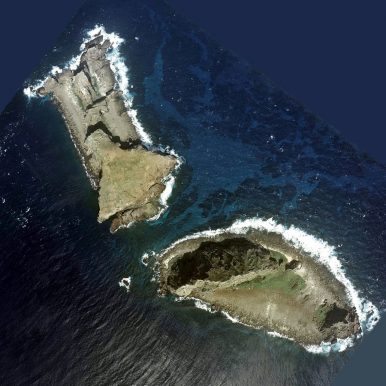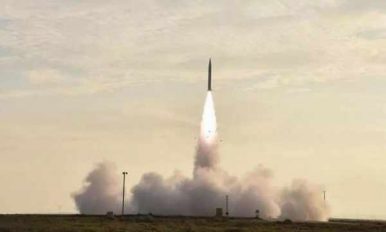By Paras Ratna
 The Iranian nuclear deal fiasco has made the whole world anxious. U.S. President Donald Trump announced on May 8 that the United States will withdraw from the deal and planned to reinstate sanctions against the Iranian government. The sanctions were reimposed this week, making good on Trump’s threat. The scrapping of the nuclear deal is bound to have widespread repercussions for the regional security architecture in particular and global polity in general. Given New Delhi’s engagement not only with the United States and Iran but also with other significant Middle East countries like the UAE, Saudi Arabia, and Israel, the diplomatic headache resulting from these sanctions has multiplied for India.
The Iranian nuclear deal fiasco has made the whole world anxious. U.S. President Donald Trump announced on May 8 that the United States will withdraw from the deal and planned to reinstate sanctions against the Iranian government. The sanctions were reimposed this week, making good on Trump’s threat. The scrapping of the nuclear deal is bound to have widespread repercussions for the regional security architecture in particular and global polity in general. Given New Delhi’s engagement not only with the United States and Iran but also with other significant Middle East countries like the UAE, Saudi Arabia, and Israel, the diplomatic headache resulting from these sanctions has multiplied for India.










/arc-anglerfish-arc2-prod-mco.s3.amazonaws.com/public/SOMV7UVGONBHVMSL3CB6AMUAAQ.jpg)
/arc-anglerfish-arc2-prod-mco.s3.amazonaws.com/public/5T5V2YXKXZG7VLW7EEGLPV4Y7Q.jpg)
/arc-anglerfish-arc2-prod-mco.s3.amazonaws.com/public/C7JGOI5NXNALFIAZEF6WHHQ6EM.jpg)


/arc-anglerfish-arc2-prod-mco.s3.amazonaws.com/public/BHQ6Y2ND25AXND72KCHJLW2SVA.jpg)
/arc-anglerfish-arc2-prod-mco.s3.amazonaws.com/public/D5SBT3Q6XJGFLBYFK2NKB6CPVA.jpg)